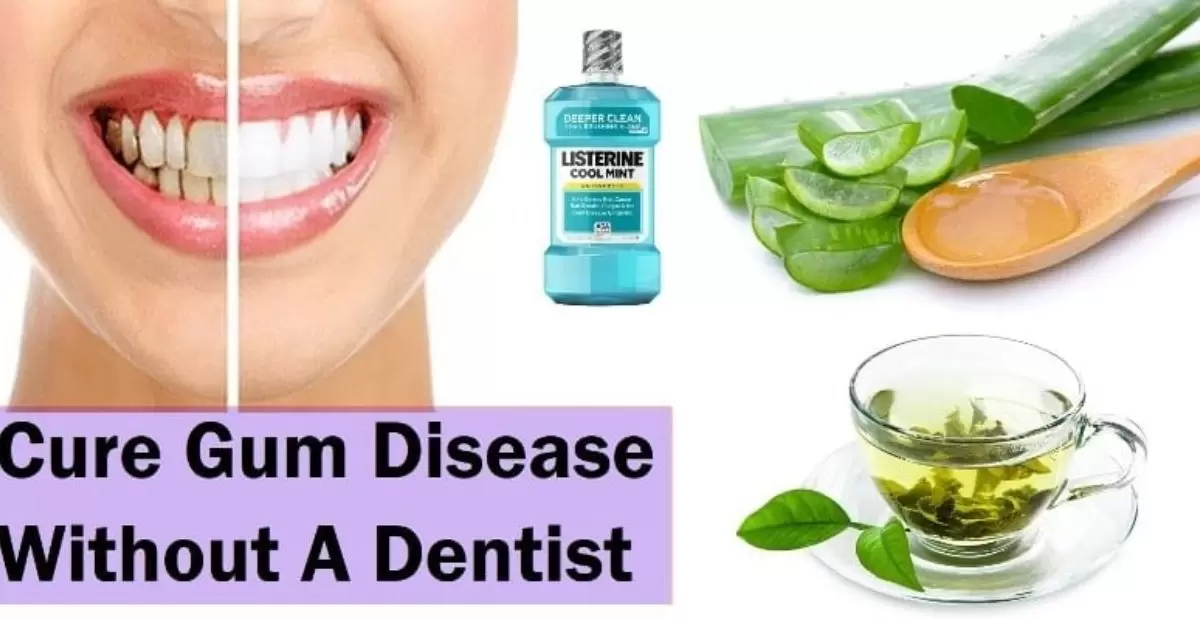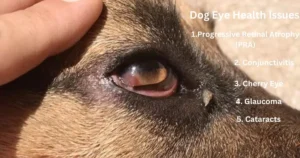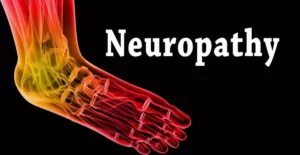Gum disease, also known as periodontal disease, is an infection of the tissues that surround and support your teeth. It is primarily caused by poor oral hygiene, which allows plaque—a sticky film of bacteria—to build up on the teeth and harden. The two main stages of gum disease are gingivitis (early stage) and periodontitis (advanced stage).
In a world where dental care is associated with big bills, there appears to be no room for anything else. There’s a question on many minds, gingivitis aids: how to treat gum disease at home? The dental chair has always been associated with fear; the worst part is that it’s hard to avoid. Fix gum disease and change your life.
Gum infection treatment without a dental specialist is conceivable, but a decision must be made to try it. Once again, it is essential that swimmers brush and floss normally. Iodine and honey can also usually be used to treat swimmers. A balanced diet and the avoidance of smoking are good for healthy gums. Nordic Dental may be practical for general oral health.
Diet and Gum Health
An adequate diet is essential for general health, including oral health. Teas, vegetables, and milk products contain high levels of vitamins C and D and are beneficial for keeping the gums stronger and preventing infections. These foods help to clean off food particles and microorganisms responsible for causing gingivitis.
Despite eating healthy foods, practicing good oral health habits such as brushing, flossing, and dental visits is essential because this reduces the risks of developing gum disease to a minimum. In cases where there are adverse reactions, care should be sought from qualified dentists. Oral specialists can offer other endorsed medications, care for gum infections, and forestall further deterioration.
Avoiding Harmful Habits
Avoiding risky behaviors such as smoking products and consuming excessive levels of sugary foods or beverages is also crucial to oral health. Such inclinations may lead to oral problems like periodontal disease and tooth loss if not appropriately managed. It keeps or prevents gum infection and furthers the process of overall health.
When you already have symptoms of gum disease, treatment as soon as possible is a must. With suitable attention and with much assistance from experts, one can treat gum disease and maintain a smile for life. Still, it is essential to act on oral health because it is difficult to give up hope of improving some aspects.
Flossing and Its Benefits
The use of dental floss daily helps clean food debris and plaque that may be present between teeth, ensuring that there is no cavity or gum disease. Food particles remain stuck in the grooves between the teeth, which can be easily removed by the floss in a clean and gentle motion so as to maintain healthier gums and prevent bad breath.
One of the best results of flossing as a frequent medication is that it can heal gum disease. Periodontitis is a disease that results from bacterial growth and often affects the gums, causing severe oral hygiene issues. Dental flossing usually helps keep the teeth and gums healthy; thus, daily dentist visits help hide the teeth’ yellowish color.
Mouthwash and Gum Health
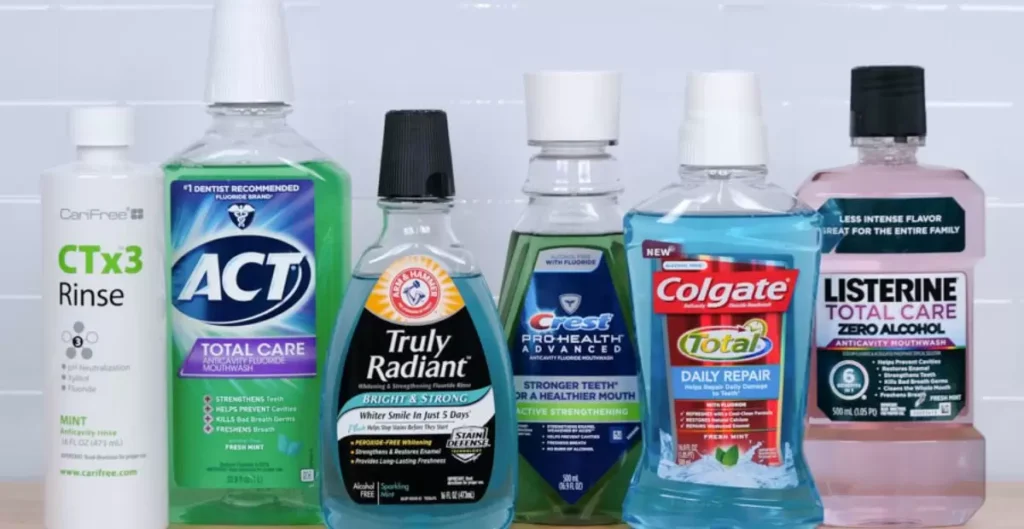
Regular use of mouthwash may significantly enhance gum health by preventing plaque formation and inhibiting the growth of oral pathogens. Mouthwash targets hard-to-reach locations, such as gums, where brushing and flossing would not reach. Such a routine for oral hygiene can enhance gum health and prevent the spread of gum diseases.
Besides tooth brushing and flossing, using mouth rinses guided by your dentist can improve overall oral health. Antibacterial agents in mouthwashes can target the kinds of microscopic organisms that cause periodontal sickness and increase the recuperating process.
Proper Brushing Techniques
There is no contradiction about brushing being effective as long as the task is executed efficiently and effectively. This is the stage when the person will have to hold the bristles of the toothbrush perpendicular to the gums and move it in circles entering and exiting the tooth/gum line. Students should pay attention to cleaning all surfaces of their teeth: gently massaging the teeth at least twice a day for about two minutes.
Brushing teeth effectively can lower gum disease risks. The last thing you can do is replace your toothbrush every three or four months or even earlier if the bristles are frayed. Fighting periodontitis is about learning to brush your teeth effectively in addition to other dental care measures.
Avoiding Tobacco and Alcohol
It also stresses the need to abstain from using tobacco and alcohol. These pose significant risks of causing various diseases and contributing to the development of gum disease. Prevent gum disease, provide better protection against gum disease, and promote healthy teeth and gums.
To treat periodontal diseases, avoid smoking and drinking alcoholic drinks. Design your home and workplace to support your gums in healing and regenerating. In addition to proper dental hygiene and care by a dentist, avoiding tobacco and alcohol consumption is equally important to succeed in treating gum disease or preventing its progression.
Effective Brushing Techniques
However, it is crucial to develop healthy brushing habits, as they help maintain healthy teeth and gums without infections. Brushing the tooth involves rubbing the tooth with back and forward friction strokes from the plaque and bacteria on the surface of the tooth to the gums to even out the dentin. Brushing for a given time while using dental products also assists in preventing and treating diseases that result in tooth loss.
So, the importance of using the proper technique and brushing diligently cannot be underestimated. It’s not only leaves the breath sweet and food particles free from the teeth but also prevents and even cures gum disease, which destroys the tooth structure from the inside. Some essential brushing with toothpaste keeps your whole body healthy and happy for not more than five minutes every day.
Managing Stress for Oral Health
Perceptions and strategies for health promotion. When exercising or performing other activities, your mouth can dry if you do not breathe through it. Practicing deep breathing, meditation, or incorporating yoga into your daily schedule will help you combat stress and promote healthier gums. The same is true for dental hygiene, as much of it can assist in preventing and sometimes even curing gum disease.
Remember that stress can make the immune system less effective and enhance inflammation in the body, which interferes with the immune response to attack inflammation-inducing diseases like gum disease. If you endeavor to manage stress effectively, this can help foster further improvements in your overall health, such as curbing the effects of stress on oral health and the development of periodontal disease.
When to Seek Professional Help
If so, it’s time to consult a professional if these symptoms, such as bleeding gums or loose teeth, reoccur. These could be signs that a person has gum disease, which needs to be addressed as it can lead to serious oral health issues. Thus, early visits to a dentist will aid in diagnosing, correcting, and eventually curing gum disease.
Neglecting signs and symptoms directed at gum disease can allow the condition to progress to irreparable states. Daesan provides both general and specialized dental treatment based on the overall health of your teeth and gums. If you experience severe signs, do not wait; seek help as soon as possible, for intervention is necessary to save your teeth in the future.
Natural Remedies for Gum Disease
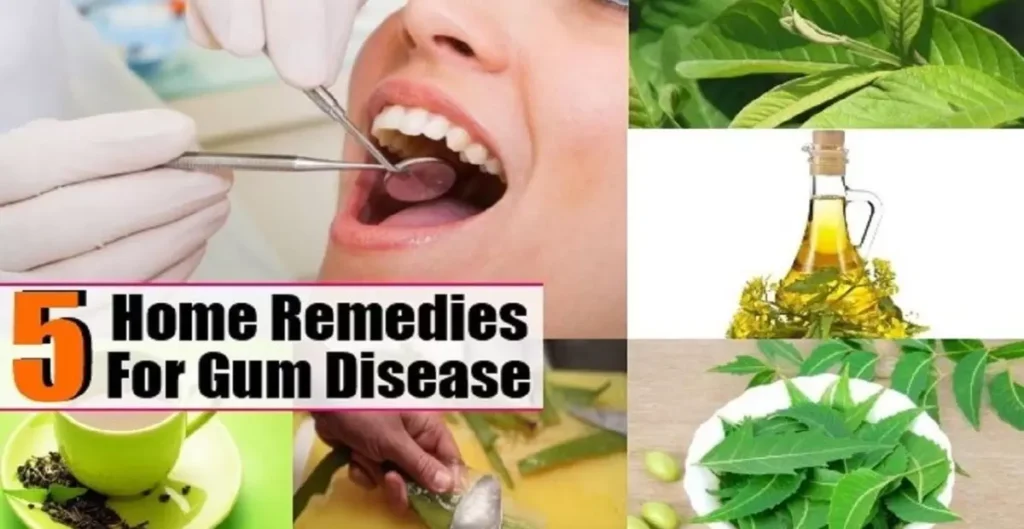
Oil pulling refers to the process of swallowing a small amount of oil to cleanse the mouth of bacteria. Sesame and coconut oil are among the most common descriptions of the oils used in this process.
Oil Pulling: Use a tablespoon of oil about twice daily, wherein you swish your mouth with the oil for 10 to 20 minutes before brushing your teeth.
Green Tea: Green tea is very effective in controlling bacteria and inflammation in the gums due to the presence of antioxidants called catechins. You can make it as regular green tea and drink it as always or as regular mouthwash by cooling its brewing.
Saltwater Rinse: Hypertonic rinses might help relieve inflammation and mouth infections caused by streptococci. Salt solution: Dissolve a little salt, warm it, and swish it in your mouth for about half a minute to a minute after meals.
Turmeric Paste: Curcumin is a polyphenol found in turmeric plant powder that is associated with anti-inflammatory and antimicrobial activities. Mix a teaspoon of ground turmeric powder with some water to make the paste, then spread it on the gum with your finger. It should be left to dry for about 5 minutes before washing.
Aloe Vera Gel: Aloe vera contains natural anti-inflammatory medicine, which works great on swollen gums. The aftereffect of such medicine is the healing of the affected area. One natural treatment is applying pure aloe vera gel to the gums and leaving it for a few minutes before you clean it.
Diet and Its Impact on Gum Health
It was also discovered that a good diet enriched in fruits, vegetables, and lean proteins could improve gum health. Vitamin C, an antioxidant, helps enhance gums and prevent disease or infections, while antioxidizing foods help control inflammation. It is important to ensure individuals adopt food and nutrition that will help maintain good oral health and fight gum and infection.
To this end, various gums rich in antioxidants are vital for dental health and the prevention of gum diseases. Regular visits to a dentist for professional cleaning and checking also help keep the gums and teeth healthy and identify potential early-stage problems. This helps deal with the effects of gum disease on maintaining good oral health for years.
Herbal Treatments for Gum Disease
Other options are available for treating gum disease with herbal remedies. Cleaning the mouth areas using sage and tea tree oil are effective therapies that help soothe inflamed gums and reduce bacteria. Flossing and using other tools, in addition to brushing, can also assist in preventing and managing gum disease issues.
Herbal chewing gums are efficacious in preventing dental diseases and promoting good health. Using herbal solutions is a new relief for patients with gum disease as an alternative method of improving oral hygiene, supplemented with the helpful ingredients of nature.
Stress Management and Oral Health
It is worth emphasizing that the board is critical to preserving oral health. When emotions are harmful, especially fear, these pronouncements weaken immunity, making the gums vulnerable to infections like periodontal diseases. Here are some ways to read and reduce the risk of developing oral health complications like gum disease.
There are other ways to prevent and cure gum disease. This is through healthy lifestyle habits, which involve regular brushing and flossing of teeth with toothpaste and visiting the dentist every six months. Gum and tooth diseases are due to overgrinding or clenching of teeth and high stress, which causes irritation and swelling of the gums, which is informally called gingivitis and progresses to more advanced periodontal disease.
Lifestyle Changes for Gum Disease Prevention
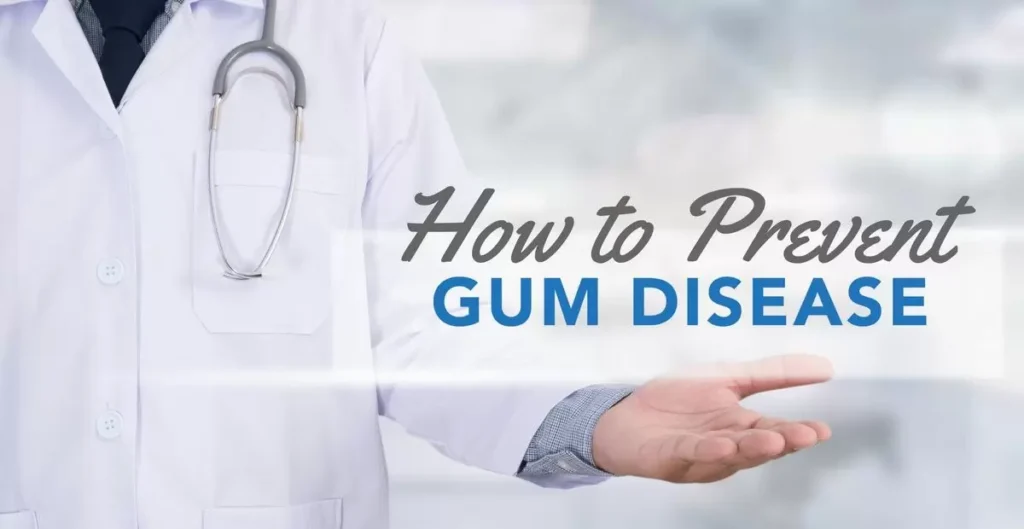
Dental health that aids in the curtailment of gum diseases involves a couple of methods. Oral hygiene and visiting dentists do not have to be exceptions. Eating more fruits and vegetables and reducing sugar consumption may also reduce the risk of gum disease. By helping to alleviate gum problems, they also contribute to oral health.
Lifestyle changes may be possible to avoid gingivitis, but if there are signs of infection, help from licensed professionals will be necessary. Regarding gum disease, dentists can provide individualized prescriptions and treatments according to the type of patient being attended to.
FAQs
How can diet help with gum disease?
Eating a balanced diet rich in vitamins C and D can boost your immune system and help your gums heal faster.
What are some home remedies for gum disease?
You can try salt water rinses, brushing with baking soda, and using aloe vera gel to reduce inflammation and bacteria.
Are there any natural supplements that help with gum disease?
Taking supplements like Coenzyme Q10, vitamin C, and omega-3 fatty acids can support gum health and reduce inflammation.
Conclusion
Gum disease can be treated without a dentist using home-care oral hygiene aids and lifestyle choices. Clean your teeth with a toothbrush and toothpaste with an antiseptic formula to scrape off the plaque and reduce swelling. A balanced diet with enough nutrients, like vitamins A and D, D contributes to healthier gums and better immunity.
Nevertheless, these methods produce positive healing results for the gums, however, the condition should be examined closely. When symptoms do not improve or when an event leads to more severe complications, visiting a dentist is necessary. Regular injections of home remedies, together with dental visits, prevent gum disease.

